Publication from USJ Scholar Advocates for Microbial Diversity Conservation in Antarctica
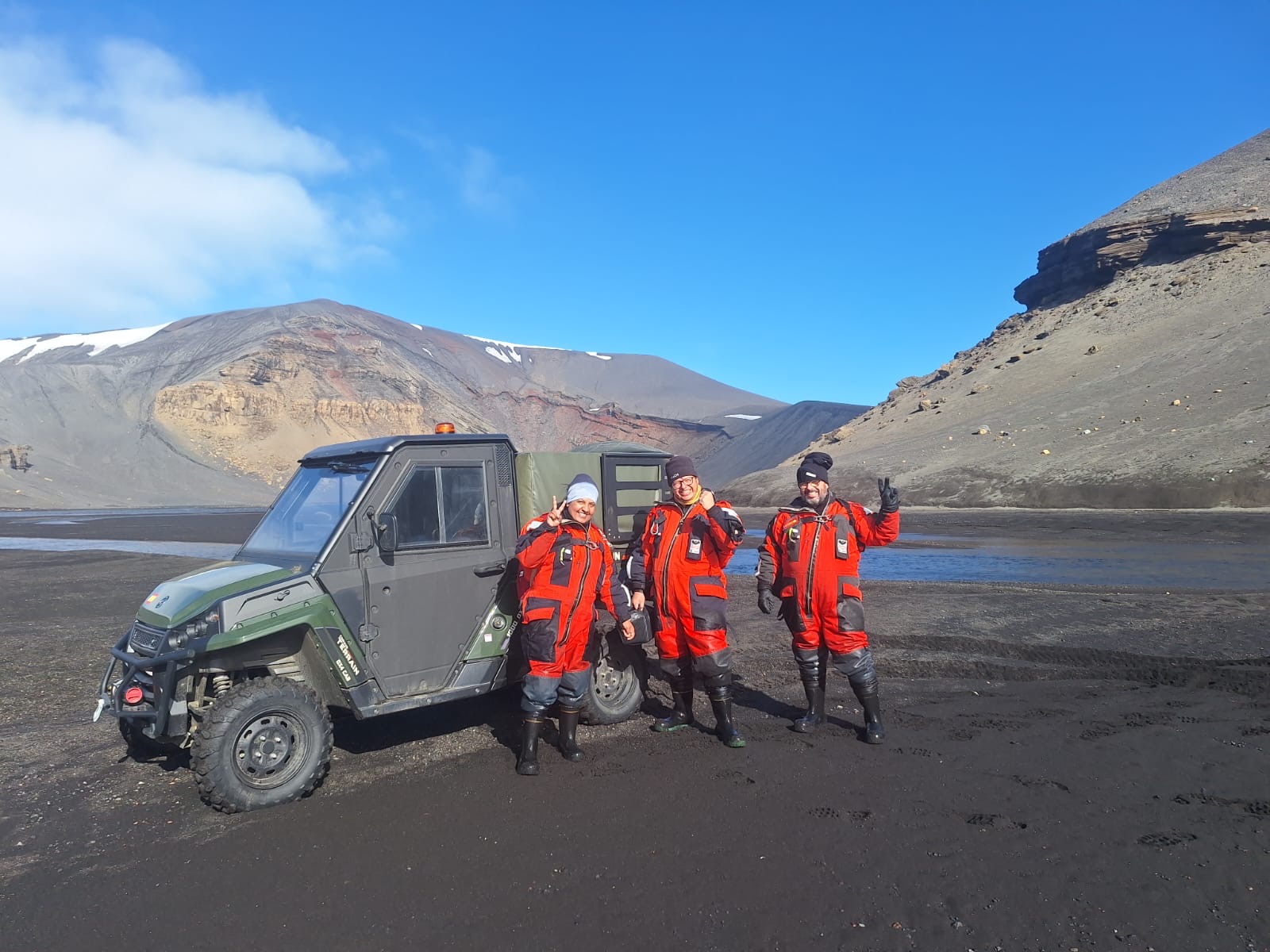
Publication from USJ Scholar Advocates for Microbial Diversity Conservation in Antarctica
08
Apr
08/04/2025
A recent publication in Nature Publishing Group’s NPJ Biodiversity highlights the urgent need for microbial diversity conservation in Antarctica, featuring contributions from Prof. André Antunes, Acting Dean of ISE/USJ.
A recent publication in Nature Publishing Group’s NPJ Biodiversity highlights the urgent need for microbial diversity conservation in Antarctica, featuring contributions from Prof. André Antunes, Acting Dean of the Institute of Science and Environment (ISE) of the University of Saint Joseph (USJ), Macao. The article can be accessed here.
Despite the public perception of Antarctica as a remote location which provides some of the most pristine ecosystems on the planet, the unique biodiversity of the white continent is currently under threat. The increased impact of human activities, which range from the effects of climate change, invasive species, global spread of pollutants, and burgeoning Antarctic tourism.
Current conservation efforts tend to minimize human influence across the continent, particularly in more sensitive or unique areas. These efforts focus on the unique fauna and flora of the region, but the microbial communities, which are equally threatened, are usually neglected. This happens despite the essential role of microbes in the functioning of ecosystems in Antarctica. This new publication highlights the intricate web of life in Antarctica’s microbial realm, and the authors underscore the vital role of microbes and the urgent need for proactive conservation efforts to preserve these unique and invaluable ecosystems for the future of our planet. Furthermore, they outline 10 key conservation strategies to ensure this is implemented.
In 2024, Prof. André Antunes participated in an expedition to Antarctic as part of a sampling campaign to the volcanic Deception Island. He is part of an on-going research project with partners in Chile, aiming to find new species of microbes and potential new applications from microbes living in unique high-temperature sites in a polar setting. According to this researcher “There is much yet to learn about the microbiology of Antarctica so this type of study is essential, even if sampling under such settings can prove quite challenging. One aspect that hampers protection measures is the limited knowledge we have about local microbial communities, as we cannot really protect what we do not know.”
 [Far right: Prof. André]
[Far right: Prof. André]
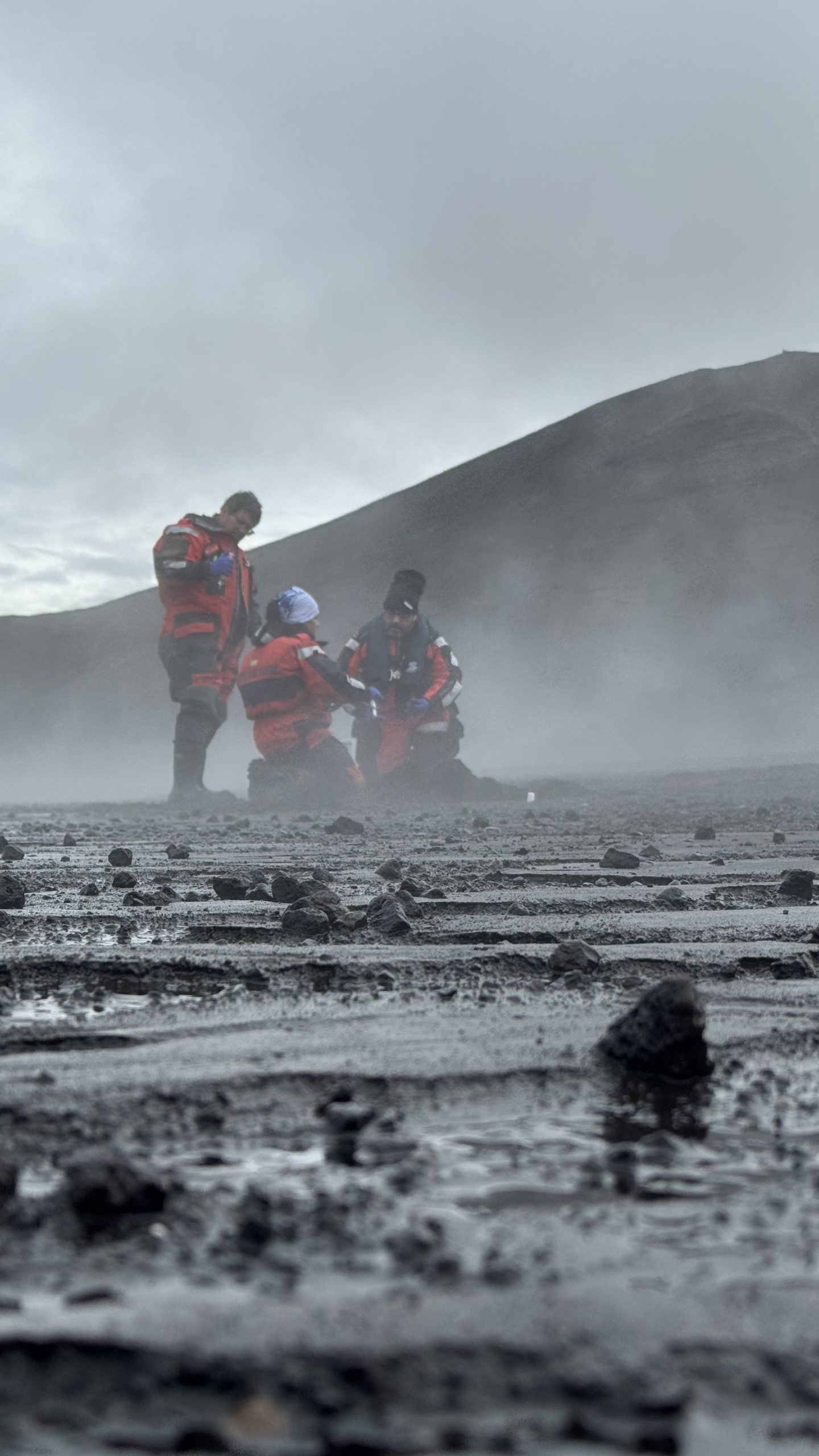 [Sampling]
[Sampling]
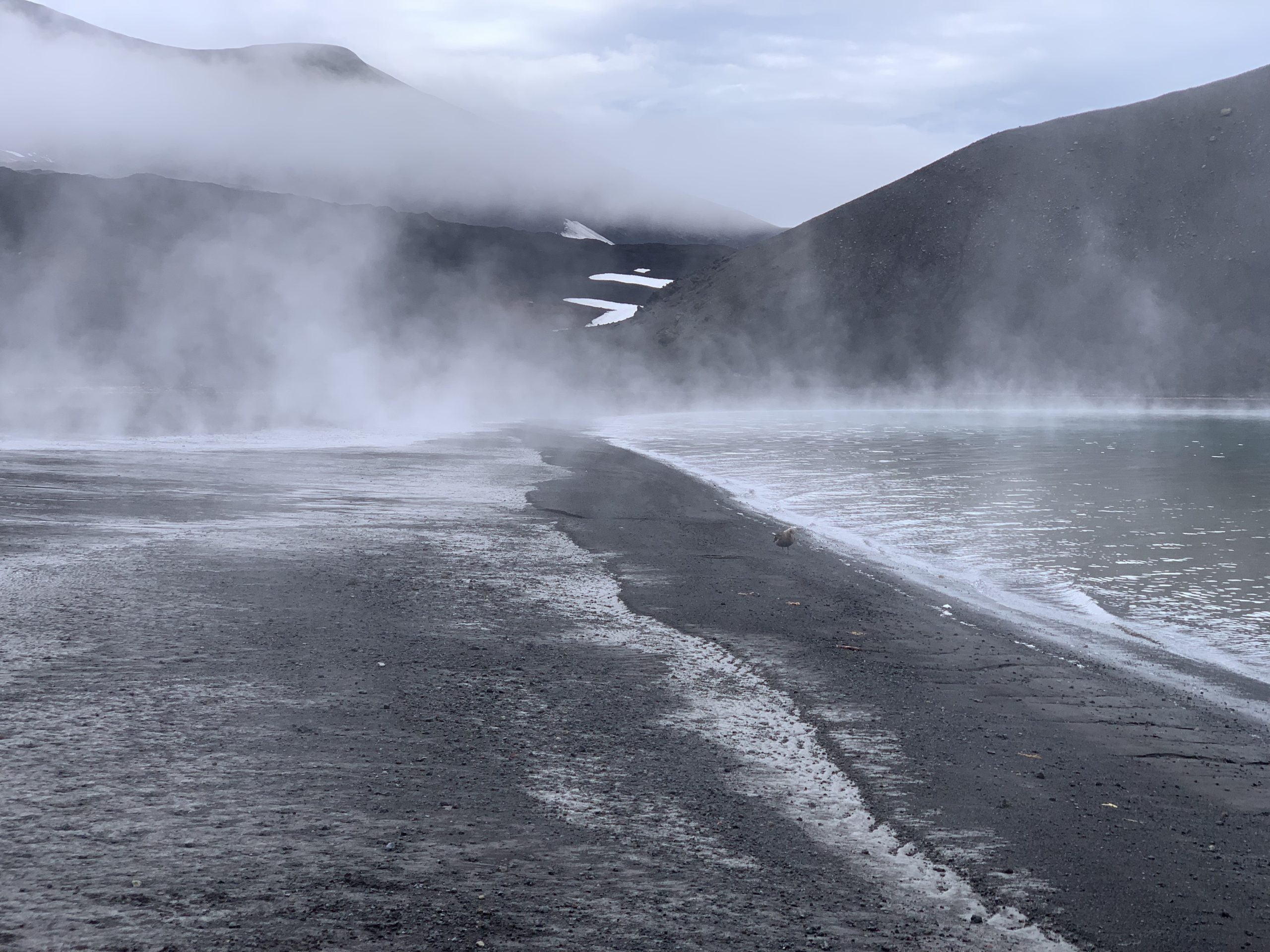 [Antarctic landscape]
[Antarctic landscape]
 [Trinity Church in Antarctica]
[Trinity Church in Antarctica]
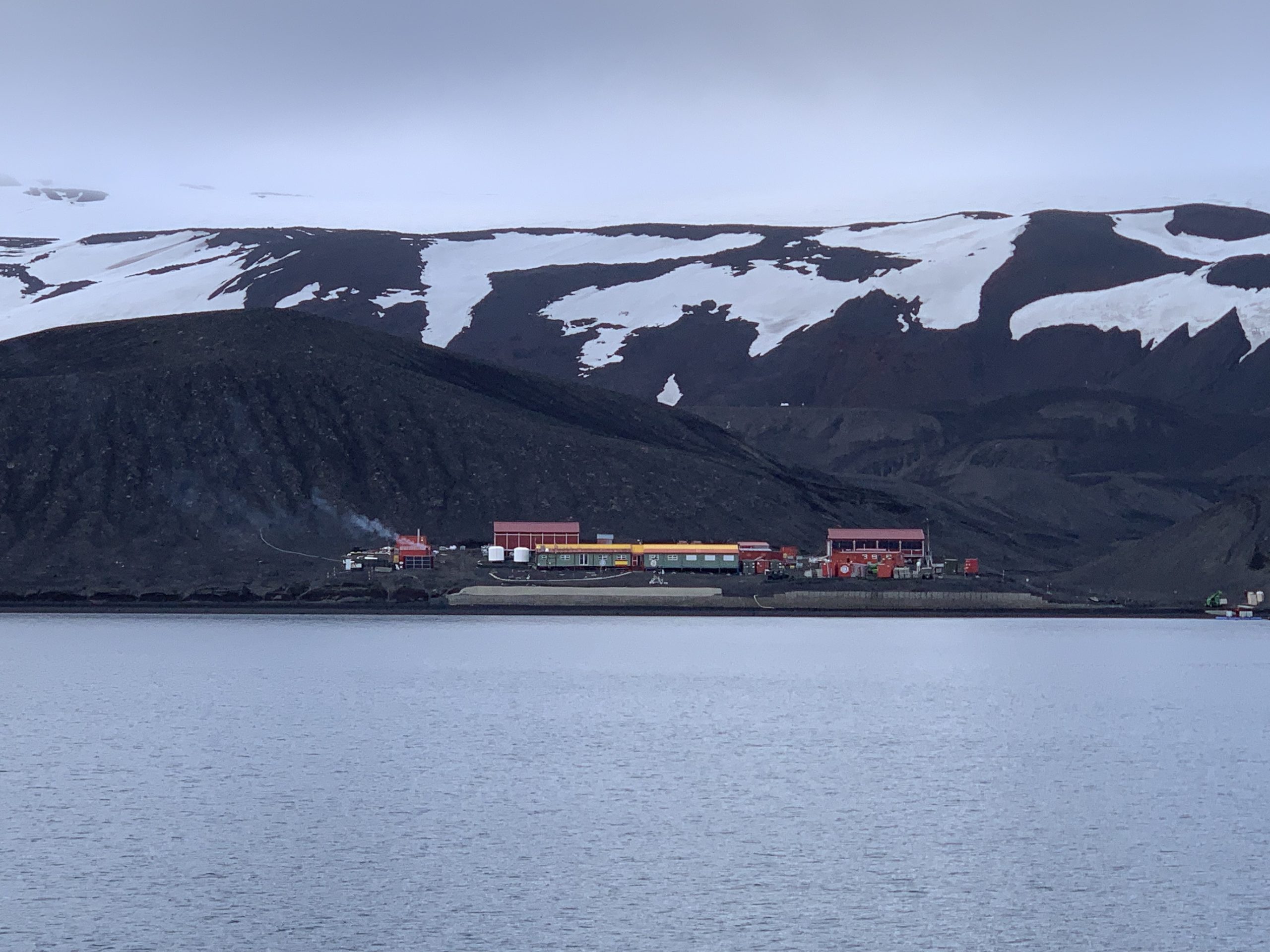 [Deception Base]
[Deception Base]
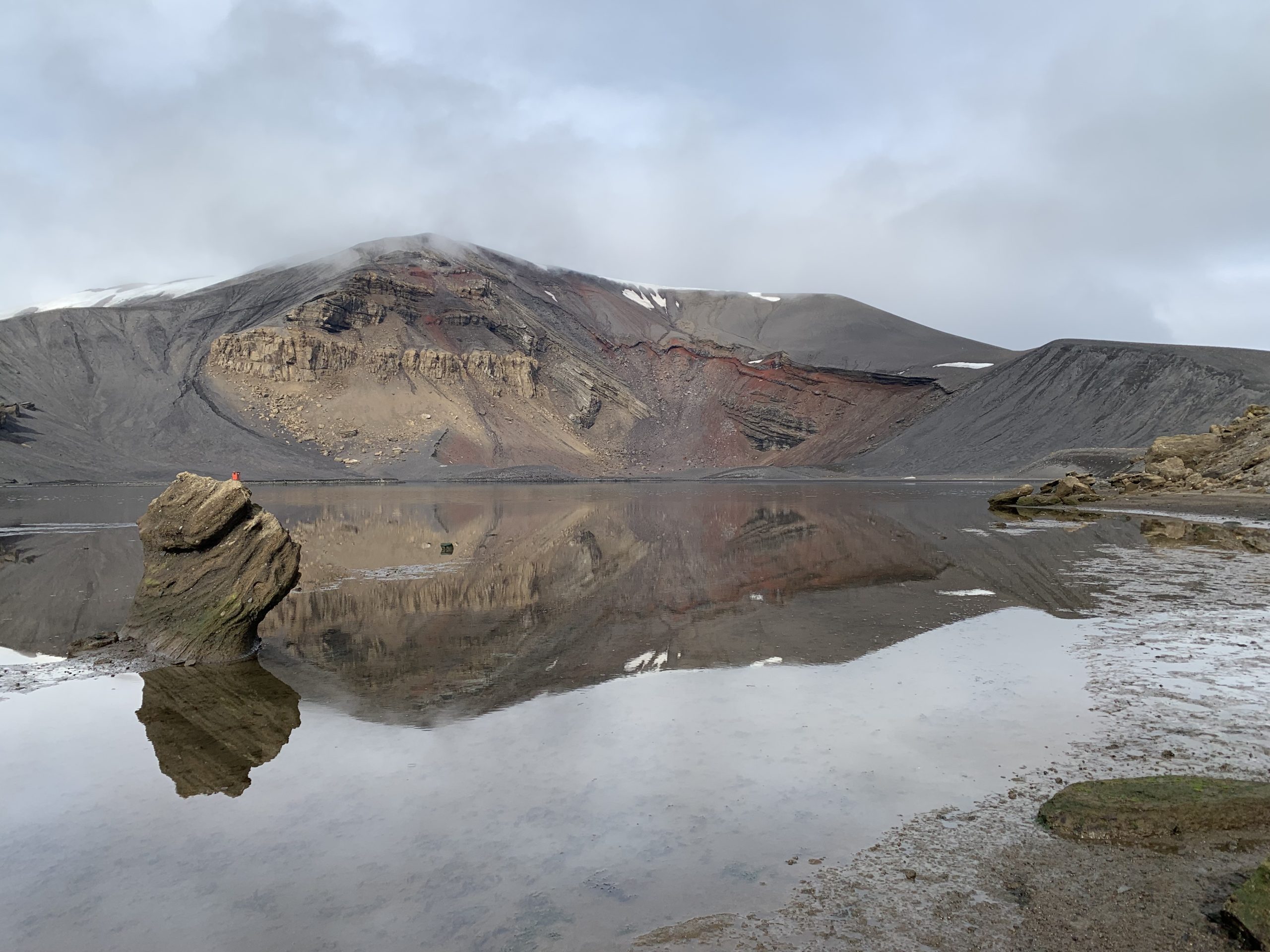 [Antarctic landscape]
[Antarctic landscape]
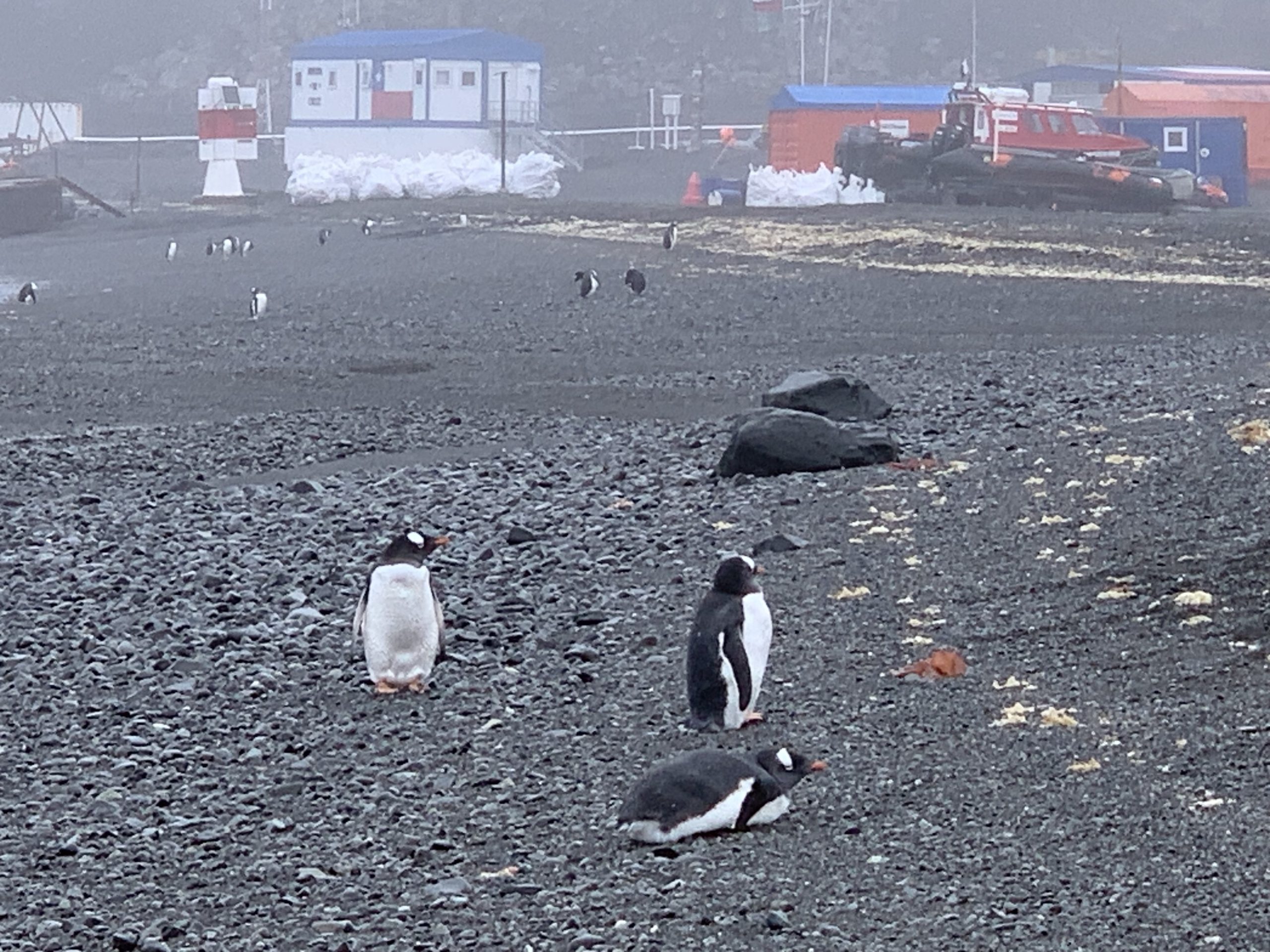 [Antarctic landscape – Penguins]
[Antarctic landscape – Penguins]









